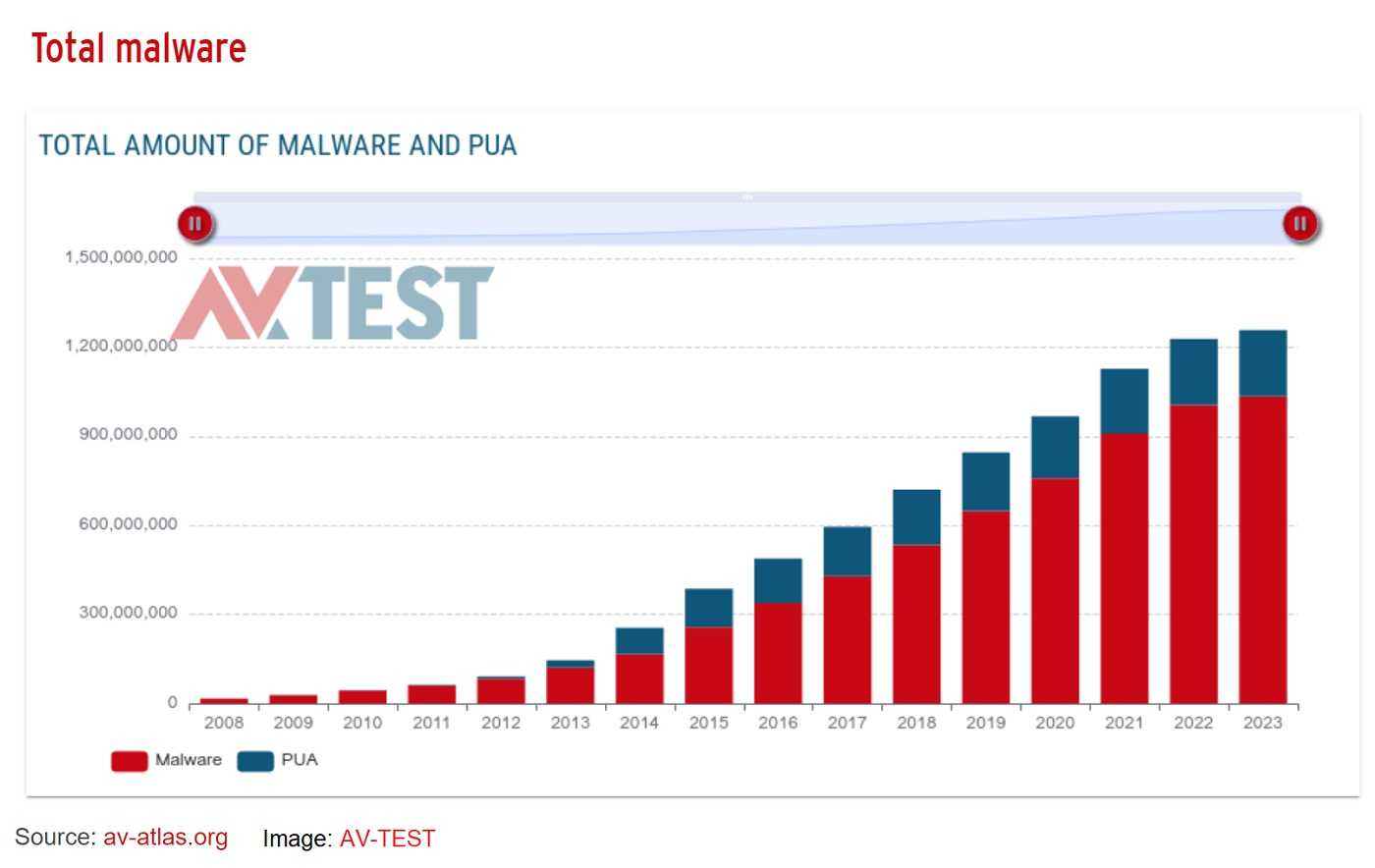The world of mobile viruses can be a bit confusing, right? Don't worry, we’ve got you. While your phone can fall victim to malware, it's highly unlikely that it’s going to result in an unrecoverable situation. What you may encounter are things like adware, bloatware, or those pesky pop-ups that drive you nuts. There is no shortage of those these days. These all can hitch a ride from third-party websites, apps, or even those suspicious email and text messages you receive all the time. But here we are to help!
Now, how can you tell if your phone is infected? Well, there are some telltale signs. If your phone starts performing at a snail's pace or consuming data like there's no tomorrow, it might be harboring some malware. However, sometimes these issues can be caused by faulty hardware or other bugs. It's a detective game and we love a good mystery.
Let's talk about malware for a moment. It's an umbrella term for any malicious program or software that sneaks into your device without your consent, wreaks havoc on its normal functioning, and can even steal sensitive information. A virus is one type of malware, but adware is another.

Let's take a look at a few examples of malware that have attacked phones in the past:
- OpFake: A tricky Trojan horse that silently sends multiple text messages to premium rate services.
- Android/Filecoder.C: This ransomware, discovered in 2019, locks your files and demands payment to unlock them.
- Loki Bot spyware: A crafty Trojan horse that specializes in stealing information from the device.
Now that you're aware of the dangers, let's talk about prevention and remedies.
 To remove malware, you can start by uninstalling suspicious apps. Each device has its own process. If you're not sure which one is causing the trouble, delete them one by one, restarting your phone after each removal. That way, you can pinpoint the culprit and avoid deleting innocent apps unnecessarily. Just be ready to spend some time on this.
To remove malware, you can start by uninstalling suspicious apps. Each device has its own process. If you're not sure which one is causing the trouble, delete them one by one, restarting your phone after each removal. That way, you can pinpoint the culprit and avoid deleting innocent apps unnecessarily. Just be ready to spend some time on this.
Some infected apps may give you a hard time when trying to uninstall them. You might encounter a message saying they're a device administrator. Those admin apps have the power to erase data, lock your phone, and mess with your security settings. Not all apps require such power, so it's worth checking to see if you've accidentally granted this permission. Most apps don't need it, so be cautious.
Clearing your browser's cache is also a good move. It won't fix existing issues, but it helps sever any connections between your phone and those malicious websites. You can clear the app cache or delve into the app settings to clear cached data.
As far as websites go, be wary of suspicious ones and untrusted sources for apps and links. Stick to official app stores, check reviews and ratings, and use your common sense. If something seems fishy, it probably deserves extra attention.
Another tip is to enable Google Play Protect. It also performs regular security checks on your phone. If it detects any malicious apps, it either notifies you to uninstall them or automatically removes them for you.
Don't forget to update your phone's operating system regularly. Updates not only improve functionality and compatibility with apps but also patch up any vulnerabilities that could lead to malware mischief. Keep an eye out for notifications, but if you don't receive any, check for software updates in your settings.
Now, here's a seriously last-ditch effort: a factory reset. If all else fails, this is your option. It wipes your phone clean, erasing every setting, file, and app, taking it back to its pristine, out-of-the-box state. But before you hit that reset button, make sure you have a backup of your data. There's a small chance that some files might be corrupted and get uploaded to the cloud. If you restore them later, you'll be back at square one. So, proceed with caution.
If you’re not comfortable performing these tasks, take your device to a tech support representative for help.
Now, let's talk about good antivirus practices to protect your phone in the long run. These are solid guidelines for avoidance:
 Avoid sketchy websites, apps, and links from untrusted sources.
Avoid sketchy websites, apps, and links from untrusted sources.
- Change your passwords regularly and make them strong.
- Reset your network settings if you've shared a connection with a suspicious device.
- Keep your device permissions and access in check. Don't give apps more than they need, and definitely don't grant them admin rights.
- Back up your data regularly. Cloud storage and hardware devices can be your best buddies.
So, keep in mind that it's essential to take precautions as you venture through the vastness of the web. Stay safe, stay informed, and happy exploring!